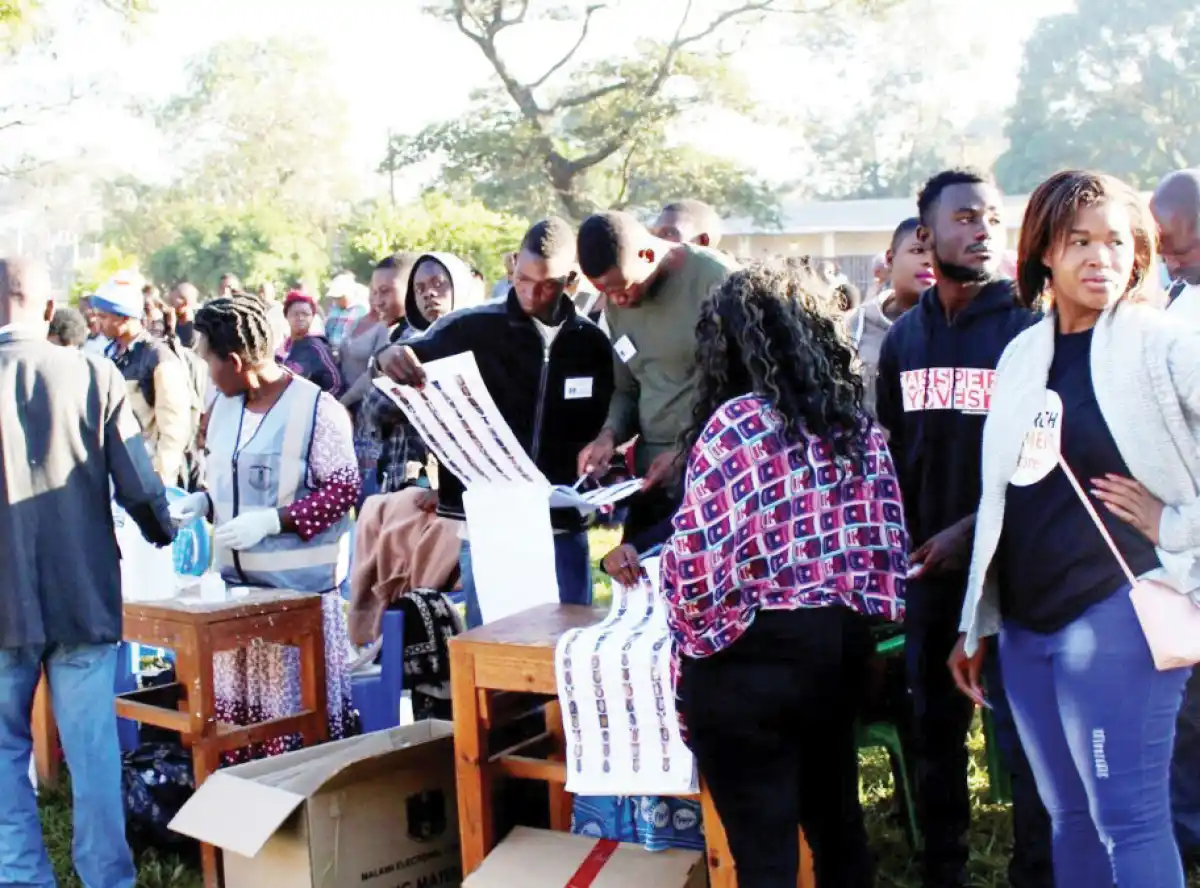
By Wezzie Gausi:
As Malawi prepares for the 2025 General Elections, political parties are exploring alliances in a bid to strengthen their chances.
With the country’s electoral system requiring a candidate to secure at least 50 percent plus one vote to win the presidency, parties are assessing strategic partnerships to gain a competitive edge.
The main opposition, the Democratic Progressive Party (DPP), has expressed its openness to forming alliances but insists that any potential partners must align with its core values.

According to the party’s spokesperson, Shadric Namalomba, DPP aims to liberate Malawians from what it describes as the current administration’s mismanagement.
The party says that it is particularly focused on economic growth, price stability, youth employment and access to essential services such as electricity, water, fuel and foreign exchange.
Namalomba said in an interview that their values include a strong stance against corruption, prioritising food security, promoting private sector growth—especially among women and youth—and ensuring prosperity, justice and security for all.
He insisted that his party, however, does not support alliances that only serve a select few at the expense of the broader population.
“We are exploring potential partners through honest and transparent negotiations, ensuring fairness to avoid conflicts,” he said.
Meanwhile, People’s Party (PP) has also expressed a willingness to collaborate with other political players, although it is approaching discussions with a more flexible stance.
PP secretary-general (SG) Ben Chakhame said that the party is open to working with others who share a common agenda.
However, he cautioned against setting too many conditions at the outset, saying this could undermine meaningful discussions.
“While we acknowledge that Malawi’s Constitution does not explicitly recognise political alliances, we emphasise that accountability should be a priority.
“To ensure transparency, these alliances must be made public, though the finer details will be ironed out with partners,” Chakhame said.
UTM, a key partner in the now-disbanded Tonse Alliance, says it is also carefully considering its position.
The party’s SG, Willet Kalonga, said that while discussions about alliances are ongoing, the party requires clear policy direction before taking a definitive stance.
Other political parties, including the governing Malawi Congress Party, the Alliance for Democracy and the United Democratic Front, have so far refrained from commenting on the matter.
Political analyst George Phiri, meanwhile, has cautioned that forming coalitions does not automatically guarantee victory.
Phiri pointed out that while the 50+1 electoral law requires a candidate to win a majority of votes, it does not dictate that parties must form alliances.
“Parties choose to do so when they assess their strengths and realise they need additional support,” he said.






0 Comments